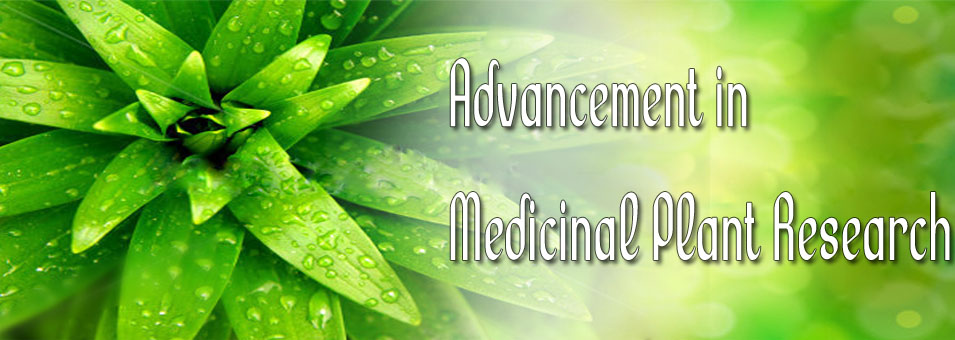Enhanced effectiveness of conventional oncotherapy with plant immunomodulators: Overview of recent advances
Tibor Hajtó, András Adámy, Zoltán Langmár, Angelika Kirsch, Lajos Ábrahám, Pál Perjési and Péter NémethAdvancement in Medicinal Plant Research
Published: July 29 2013
Volume 1, Issue 3
Pages 56-65
Abstract
There is growing evidence that tumor-associated immune imbalance is an important prognostic factor in several types of malignancy. Results from basic research as well as several case reports on sarcoma patients suggest that immune function may be improved by plant immunomodulators. Such treatments hold promise to partially restore the impaired balance along the regulatory access of the innate immune system that may be critical for clinical outcomes. There is also some evidence that combined therapy with plant preparations such as mistletoe extract injections with fixed Viscum album lectin content (0.5 to 1.0 ng/kg twice a week), rice bran preparation with a fixed dose of arabinoxylan (12 to 45 mg/kg twice a week) and wheat germ extract with a fixed dose of 2.6-dimethoxy-p-benzoquinone (50 to 80 mg/kg four times a week) on top of conventional oncotherapy may result in complete remission of hepatic metastases. These results suggest that the combination of these plant immunomodulators with conventional oncologic treatments can render possible complete remissions which are rarely attainable by oncologic therapies only. Studies using SF-36 questionnaires reported improved quality of life in advanced stages of various malignancies with plant-derived lectin immunomodulator. Combined therapy with plant immunomodulators, which are able to bind pattern recognition receptors on effector cells of innate immune system, may improve outcomes compared to conventional oncotherapy. However, further studies are required to provide additional evidence.
Keywords: Tumor, immune dysfunction, plant immunomodulator, Viscum album lectin, rice brain preparation, wheat germ extract.
Full Text PDF
